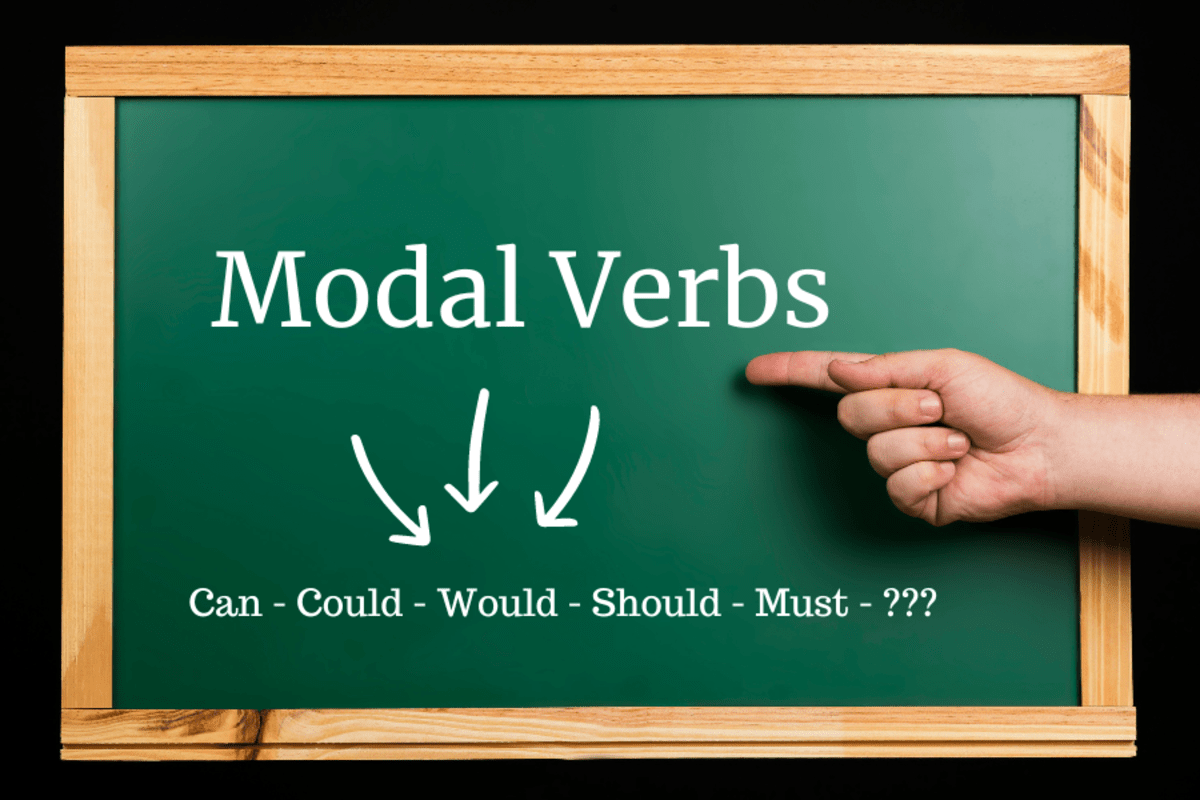Modal Verbs: Definition
Welcome to our exploration of modal verbs, those indispensable tools that add nuance and depth to language. Modal verbs, such as “can,” “could,” “may,” “might,” “must,” “shall,” “should,” “will,” and “would,” play a crucial role in expressing possibility, necessity, obligation, permission, and ability in sentences.
Understanding how to use modal verbs effectively can significantly elevate your writing and communication skills. In this blog post, we will delve into the various uses of modal verbs, uncovering their impact on language and providing practical tips for mastering their usage. Whether you’re someone who loves writing and wants to get better or you’re learning a language and want to improve. Anyways, come along with us to explore how modal verbs can make your communication stronger.
Using Modal Verbs to Express the Likelihood
Some things appear to be true, but they cannot be proven as definitive facts. To express likelihood without certainty in certain instances, use the modal verbs should and must. For example:
- Your parents must take care of you.
- My baby son should be asleep now.
Using Modal Verbs to Express Possibility
If something seems possible but not certain, use the modal verbs could, may, or might. For example:
- The clouds indicate that it might rain today.
- Lamine Yamal may become the youngest pro football player in the world.
Using Modal Verbs to Express Ability
The modal verb indicates whether the subject of a phrase is capable of doing something. Similarly, the negative form, cannot or can’t, indicates that the subject is incapable of doing anything. To express an ability in English: use modal verbs: can or cannot. For example:
- She can understand the Spanish language, but she can‘t speak fluently.
- You can give someone advice, but you can‘t make them take it.
Using Modal Verbs to Express Permission
In order to make permission in English to accomplish anything, begin your permission with can, may, or could. Traditionally, may seem a more official and courteous way to ask for permission; for example, asking “Can I go to the toilet?” could be misunderstood as “Do I have the ability to go to the toilet?” However, in modern informal language, may and can are both acceptable possibilities for indicating possibility or permission. For example:
- Could I play football with you, too?
- may I have your phone number to keep in touch?
- Can I borrow your dictionary?
Using Modal Verbs to Express Request
To request in English and ask someone to do something can be similar to making permission using the modal verbs: will, would, can, and could. Start your questions like that:
- Can you please help me fix my car?
- Would you turn off the music sound?
Using Modal Verbs to Express Suggestions and Advice
In this situation, native English speakers use ”should” to express advice or suggestions, but not as an order. Because the meaning will change according to the modal verbs. Let’s see examples to understand more about making suggestions or advice.
- You should consume fewer calories to lose weight.
- You should get a Master’s degree to be hired at the airport.
Using Modal Verbs to Express Command
On the other hand, if you want to command someone, use the modal verbs;
must, have, or need. With the latter two, the main verb does not drop the
word to from its infinitive form. For example:
- I’m sorry, I have to go.
- You need to be here before 8 AM to catch the bus.
- You must wash your hands before cooking.
Using Modal Verbs to Express Obligation or Necessity
In general, modal verbs can express a necessary action, such as an obligation, duty, or requirement. Likewise, the negative forms express that an action is not
necessary. In this case, use the same modal verbs as with commands: must, have, and need. For instance:
- You must be in the company before the boss.
- You need to speak English fluently to work for us.
Using Modal Verbs to Express Habit
In this case, to express a habit or an ongoing action in English, you should use the modal verb will and can to talk about something that happens or is happening in the future. While the modal verbs “would” and “could” should be used when talking about the past.
- I could afford to pay the rent when I got the job.
- I will go swimming if it is not raining.
In this situation, I recommend you open the “if clause” page to understand more.
Conclusion
To conclude every paragraph, modal verbs help us talk about things like possibility, necessity, permission, command, request, habit, and ability. Learning how to use them well makes our language more clear and powerful.


